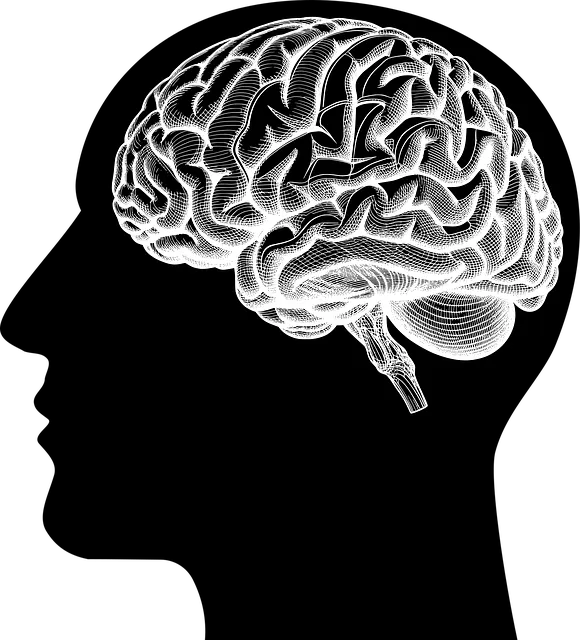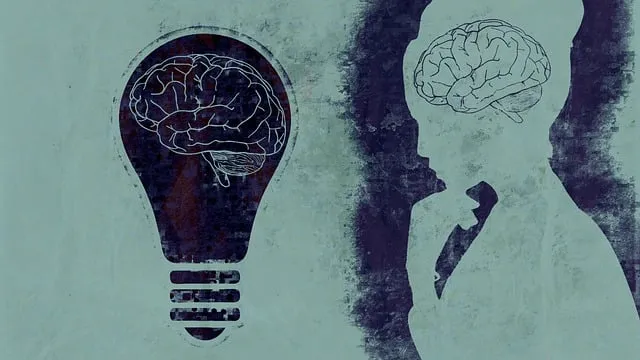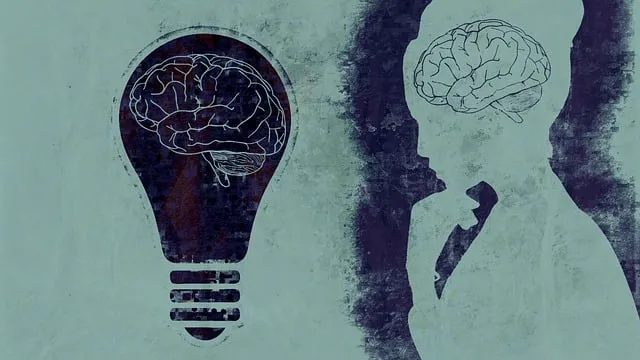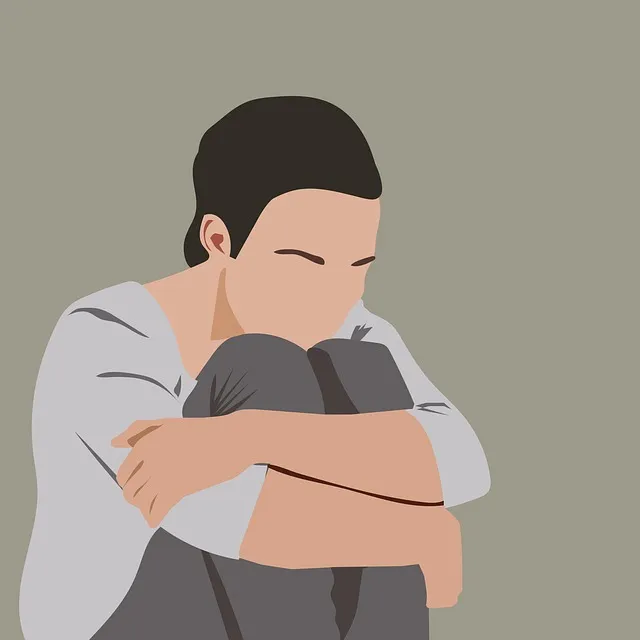The Kaiser Permanente mental health access center in Longmont leads the fight against stigma through comprehensive programs. Offering education, peer support, and community events, it normalizes conversations about mental health, reduces judgment, and provides tools for emotional healing. Their holistic approach empowers individuals with strategies to prevent and manage depression, fostering understanding and accessibility in seeking mental health support.
Mental illness stigma remains a significant barrier to treatment, but efforts are underway to reduce it. This article explores various strategies aimed at breaking down the stigma surrounding mental health, focusing on innovative initiatives by Kaiser Permanente and local engagement tactics in Longmont. From advocacy through an accessible mental health center to education programs and peer support networks, these approaches are transforming communities. Additionally, policy changes are discussed, highlighting how these collective efforts enhance access to care for those facing mental illness.
- Kaiser Permanente's Role in Mental Health Advocacy
- Longmont Community Engagement Strategies
- Education Programs to Break Down Stigma
- Peer Support Networks and Their Impact
- Policy Changes for Improved Access to Care
Kaiser Permanente's Role in Mental Health Advocacy

Kaiser Permanente, a renowned healthcare organization, has been at the forefront of mental health advocacy, playing a pivotal role in reducing the stigma associated with mental illness. Their Longmont Mental Health Access Center is a shining example of their commitment to improving mental well-being. This center offers a comprehensive range of services tailored to diverse populations, ensuring that everyone has access to the care they need.
By providing spaces for education, support groups, and individual therapy, Kaiser Permanente empowers individuals to take charge of their mental health. They promote Depression Prevention strategies, teach effective Mood Management techniques, and foster Coping Skills Development. Through these initiatives, they aim to create a more understanding and inclusive society, where people can openly discuss their struggles without fear of judgment.
Longmont Community Engagement Strategies

In Longmont, Kaiser Permanente has been at the forefront of mental health stigma reduction through its comprehensive Community Engagement Strategies. The organization leverages a multi-faceted approach that includes a dedicated mental health access center in Longmont, designed to make services more accessible and less intimidating for community members struggling with mental illness. This strategy targets one of the primary barriers to care: the fear of judgment and stigmatization. By integrating emotional healing processes into their outreach, Kaiser Permanente fosters an environment where individuals feel safe to seek help.
The Community Outreach Program Implementation at Kaiser Permanente Longmont goes beyond traditional healthcare services. It employs peer support groups, educational workshops, and community events to promote mental wellness and challenge societal norms that contribute to stigma. Through these initiatives, the center aims to normalize conversations around mental health, emphasizing the importance of early intervention and ongoing mood management strategies. This holistic approach not only reduces the stigma surrounding mental illness but also equips individuals with the tools needed to navigate their emotional healing journeys effectively.
Education Programs to Break Down Stigma

Education plays a pivotal role in stigma reduction efforts surrounding mental illness. One notable initiative is Kaiser Permanente’s mental health access center in Longmont, which offers comprehensive programs aimed at destigmatizing mental health issues. These programs focus on raising awareness and fostering empathy within communities, schools, and workplaces. By educating individuals about various mental health conditions, their causes, symptoms, and available treatments, these initiatives break down misconceptions and encourage early intervention.
The center’s efforts include workshops that teach self-esteem improvement strategies, empathy building techniques, and risk assessment methods for mental health professionals. These educational interventions empower individuals to recognize signs of mental illness in themselves and others, leading to timely support and improved outcomes. Through such proactive measures, the center contributes significantly to creating a more understanding and supportive society for those dealing with mental health challenges.
Peer Support Networks and Their Impact

Peer Support Networks have emerged as powerful tools in the fight against mental illness stigma, offering a sense of community and understanding that can be transformative for individuals navigating their mental health journeys. At Kaiser Permanente Mental Health Access Center Longmont, peer support programs are designed to foster connections between people with lived experiences of mental illness. These networks provide a safe space for members to share their stories, offer encouragement, and learn from one another, thereby breaking down barriers and fostering empathy within the community.
The impact of these networks extends beyond individual support; they contribute to broader societal shifts in attitudes towards mental health. By encouraging open conversations about mental illness, peer support groups help to normalize discussions around Anxiety Relief, promote effective Communication Strategies, and cultivate Empathy Building Strategies among participants and the wider public. This collective effort is vital in creating a more inclusive environment where individuals can seek help without fear of judgment or discrimination.
Policy Changes for Improved Access to Care

Policy changes play a pivotal role in reducing stigma surrounding mental illness and enhancing access to care. Organizations like Kaiser Permanente’s Longmont Mental Health Access Center exemplify this by providing comprehensive services that foster resilience building, self-esteem improvement, and empathy-building strategies. These initiatives ensure individuals facing mental health challenges receive the support they need without the barriers often associated with traditional healthcare systems.
By implementing policies that streamline access to specialized care, these centers challenge societal norms and promote understanding. They offer a safe space where people can openly discuss their struggles, seek treatment, and connect with supportive communities. This shift in approach not only improves individual outcomes but also contributes to a more inclusive society where mental well-being is prioritized and supported at every level.
Stigma reduction efforts, as demonstrated by initiatives from Kaiser Permanente’s mental health access centers and Longmont community engagement strategies, play a pivotal role in improving mental health care. Education programs that break down stigma, peer support networks, and policy changes all contribute to creating a more accepting society. By fostering open dialogue and enhancing access to care, such efforts ultimately ensure that individuals struggling with mental illness receive the support and treatment they need.






